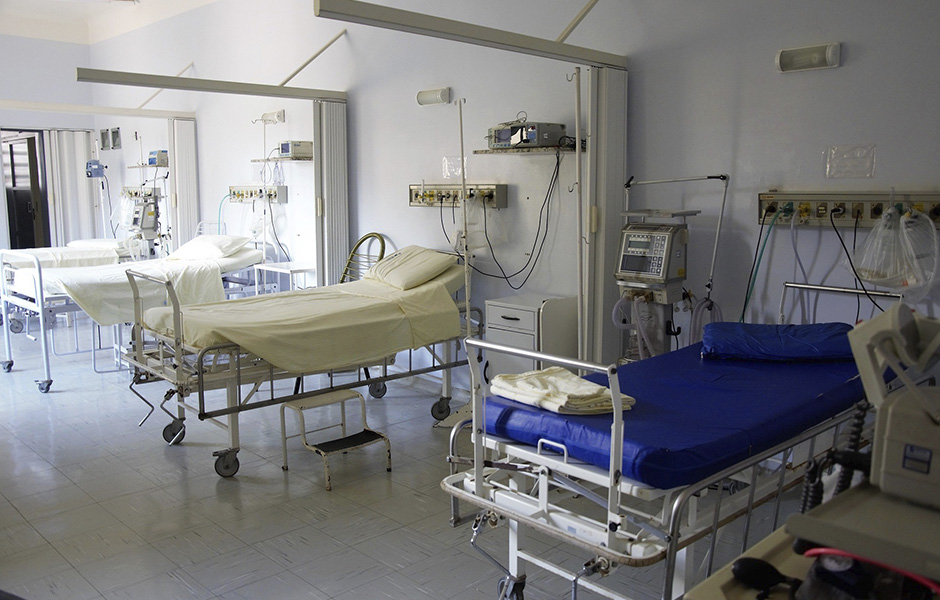A research team from CINTESIS – Center for Health Technology and Services Research warns hospitals of the National Health Service about failures in the registration system, associated to the quality of clinical information, that can lead to the loss of millions of Euros in funding.
According to the study published in the Health Information Management Journal, public hospitals could suffer serious financial consequences if they do not adequately record patients’ comorbidities, ie pre-existing or acquired conditions during hospitalization, which influence the severity of patients and costs.
Júlio Souza, the first author of this study, analyzed a database of hospitalizations in the National Health Service for six years and concluded that, by not correctly reporting these comorbidities, hospitals are not being properly reimbursed for their expenses. The same is to say that they are being underfunded.
In addition, problems detected may compromise the re-use of clinical health data for the calculation of quality indicators, as well as for clinical and hospital management and for biomedical research.
For the CINTESIS researcher, the solution may be to create guidelines for professionals, including medical coders, that include clear rules on how to codify comorbidities.
In Portugal, payments to hospitals are based on the DRG – Diagnosis Related Groups, “an inpatient classification system that groups patients into coherent and clinically similar groups from the point of view of resources consumption”. The system began to be applied in Portugal in 1984 and it in use in several countries of the world.
“There is no perfect system, there will always be failures, but the DRG system will only work, there will only be adequate and fair financing if the data is good, if it has quality, which does not always happen,” says the researcher.
If some hospitals are losing money, the truth is that others may be receiving more funding because of the practice of “upcoding.” Therefore, Júlio Souza warns of the need to implement systems or methodologies for automatic detection of discrepancies in coding between hospitals with similar complexity standards, allowing dubious cases to be audited to determine the existence of bad practices.
This work, authored by João Vasco Santos, Domingos Alves and Alberto Freitas, also CINTESIS researchers, is part of the project NanoSTIMA, funded by Norte 2020.

